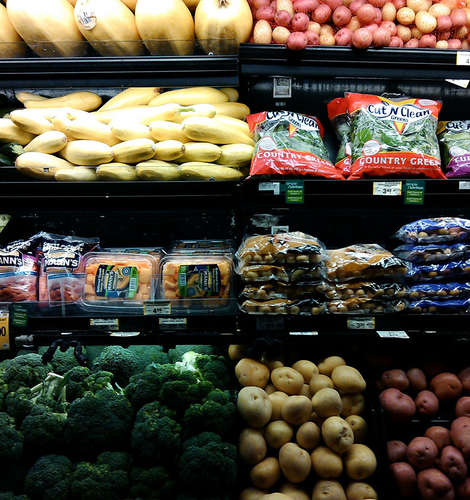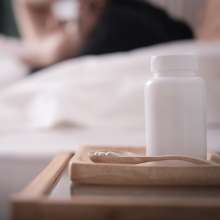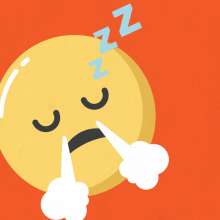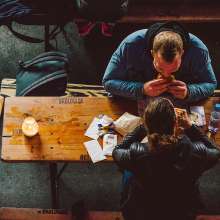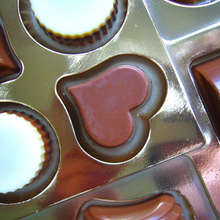The study is published in the journal Obesity, the official journal of The Obesity Society. Results of the study show that men purchased more calories and weights of food from a mock supermarket the day after a bad night's sleep.
This study in Sweden examined whether sleep deprivation may impair or alter an individual’s food purchasing choices based on its established tendency to impair higher-level thinking and to increase hunger.
Researchers hypothesized that sleep deprivation’s impact on hunger and decision making would make for the ‘perfect storm’ with regard to shopping of food, as it would make an individual hungrier and less capable of employing self-control and higher-level decision-making to avoid making impulsive, calorie-driven purchases.
On the morning after one night of total sleep deprivation, as well as after one night of sleep, researchers gave 14 normal-weight men a fixed budget of approximately $50. The men were instructed to purchase as much as they could out of a possible 40 items, including 20 high-caloric foods and 20 low-calorie foods. The prices of the high-caloric foods were then varied to determine if total sleep deprivation affects the flexibility of food purchasing. Before the task, participants received a standardized breakfast to minimize the effect of hunger on their purchases.
Sleep-deprived men purchased significantly more calories (+9%) and grams (+18%) of food than they did after one night of sleep.
The researchers also measured blood levels of gherkin, a hormone that increases hunger. They found that the hormone’s concentrations were higher after total sleep deprivation. However, there was no correlation between individual ghrelin levels and food purchasing, suggesting that other mechanisms—such as impulsive decision making—may be more responsible for increased purchasing.
Follow up studies may want to address whether these sleep deprivation-induced changes in food purchasing behaviour also exist under partial sleep deprivation. Additional research may also look into sleep deprivation’s potential impact on purchasing behaviour in general, as it may lead to impaired or impulsive purchasing in a variety of other contexts.
